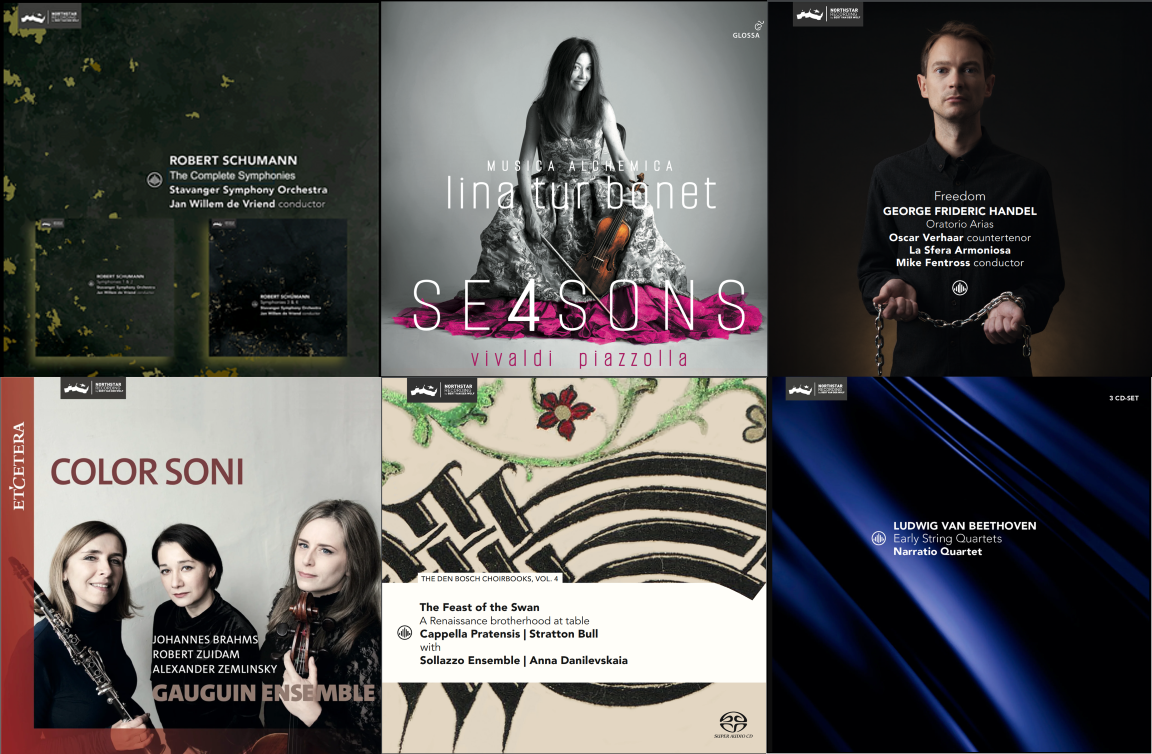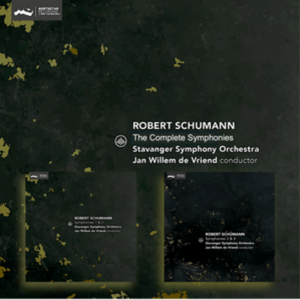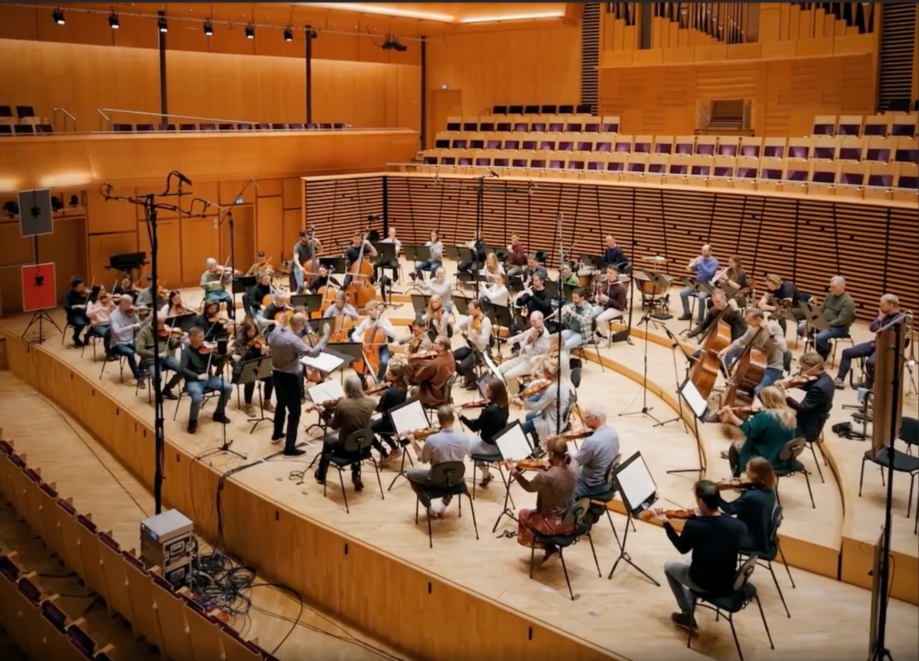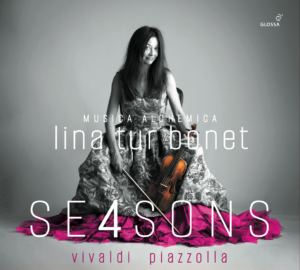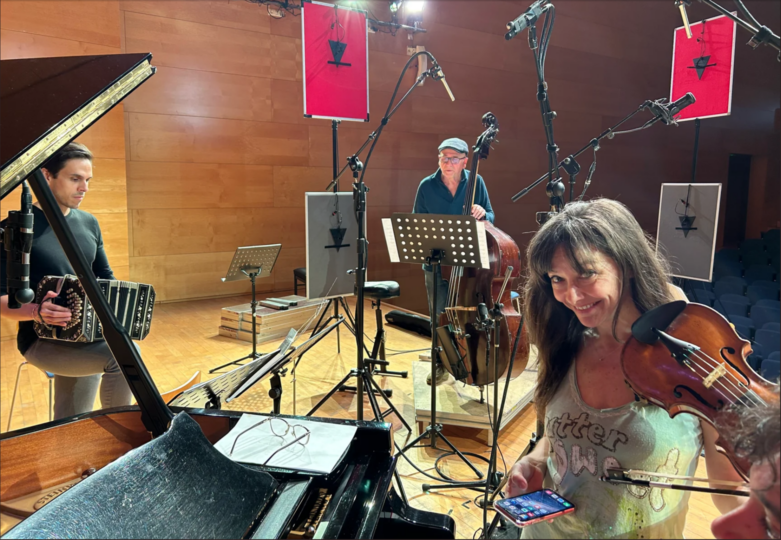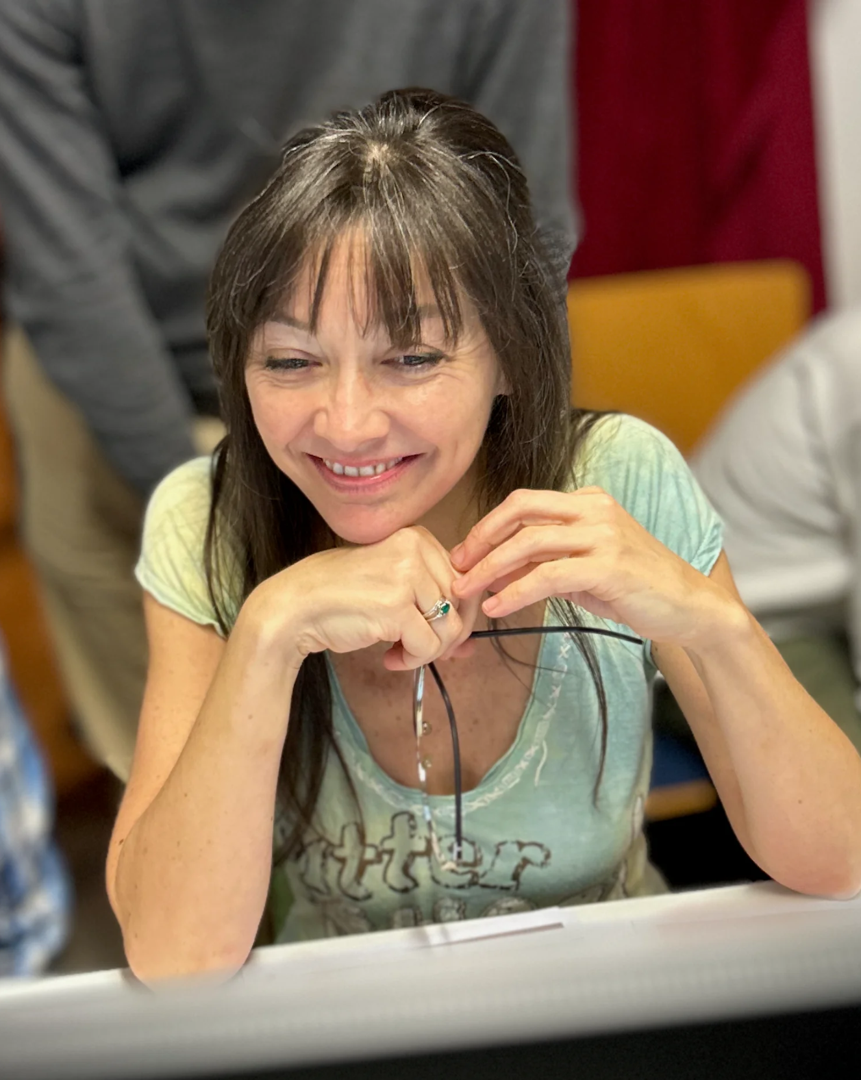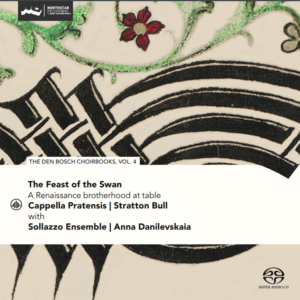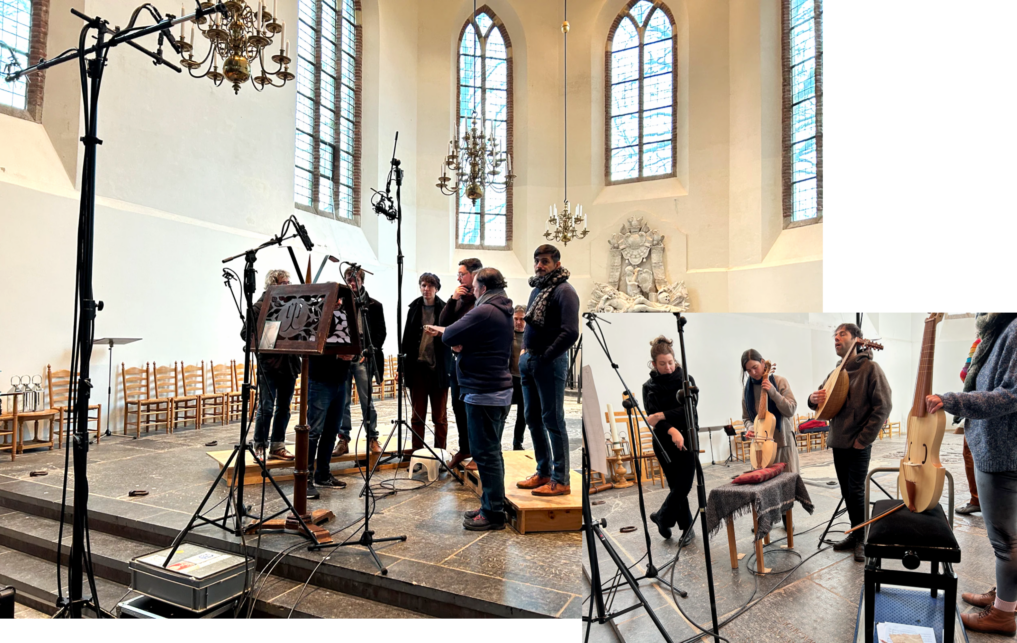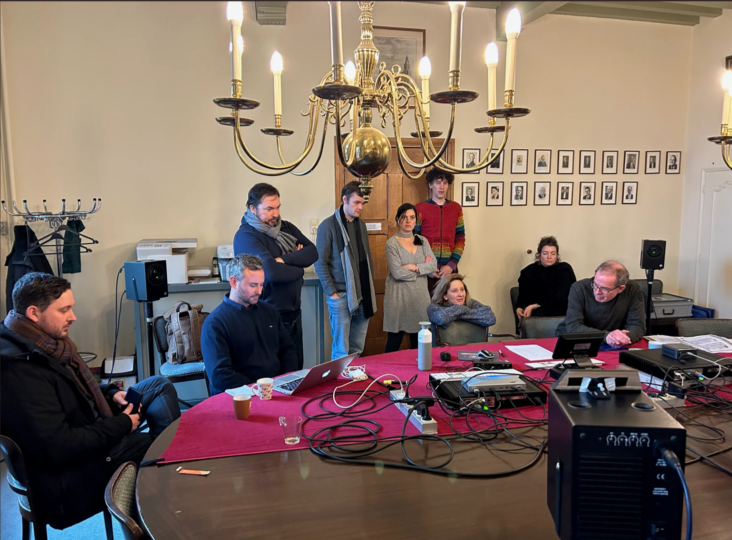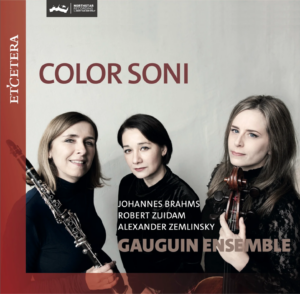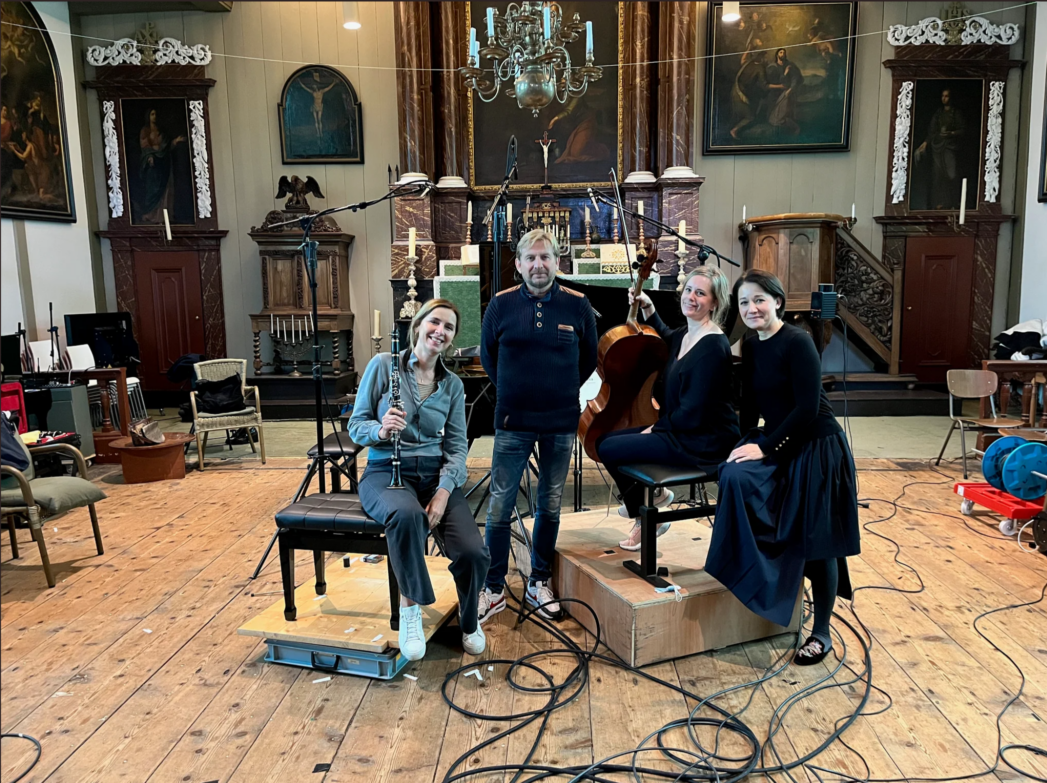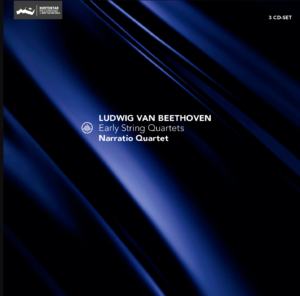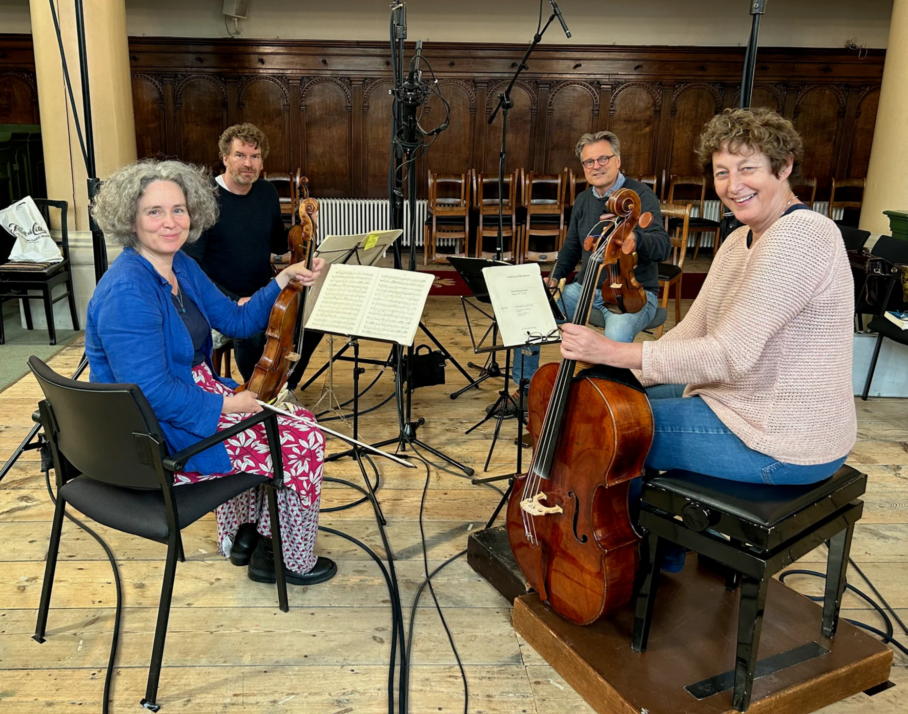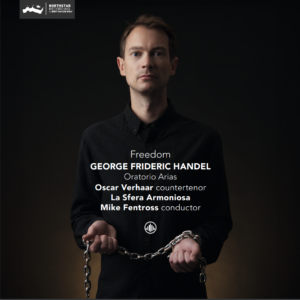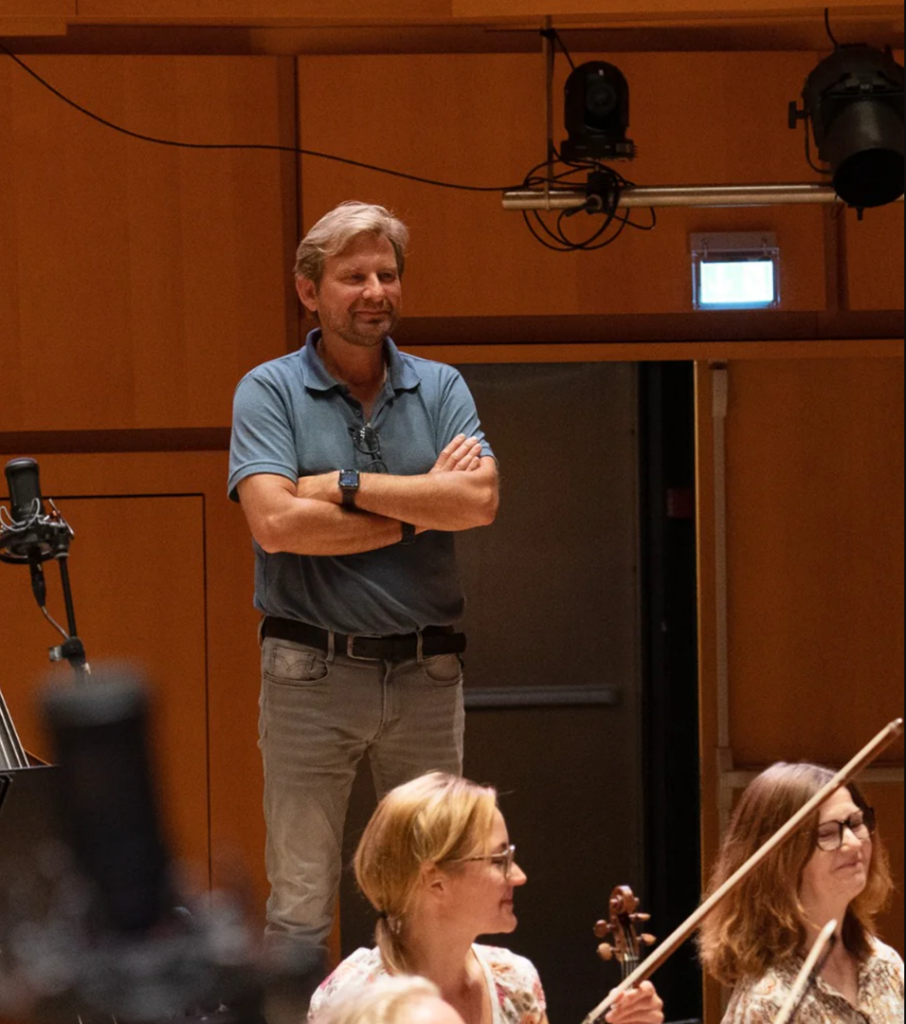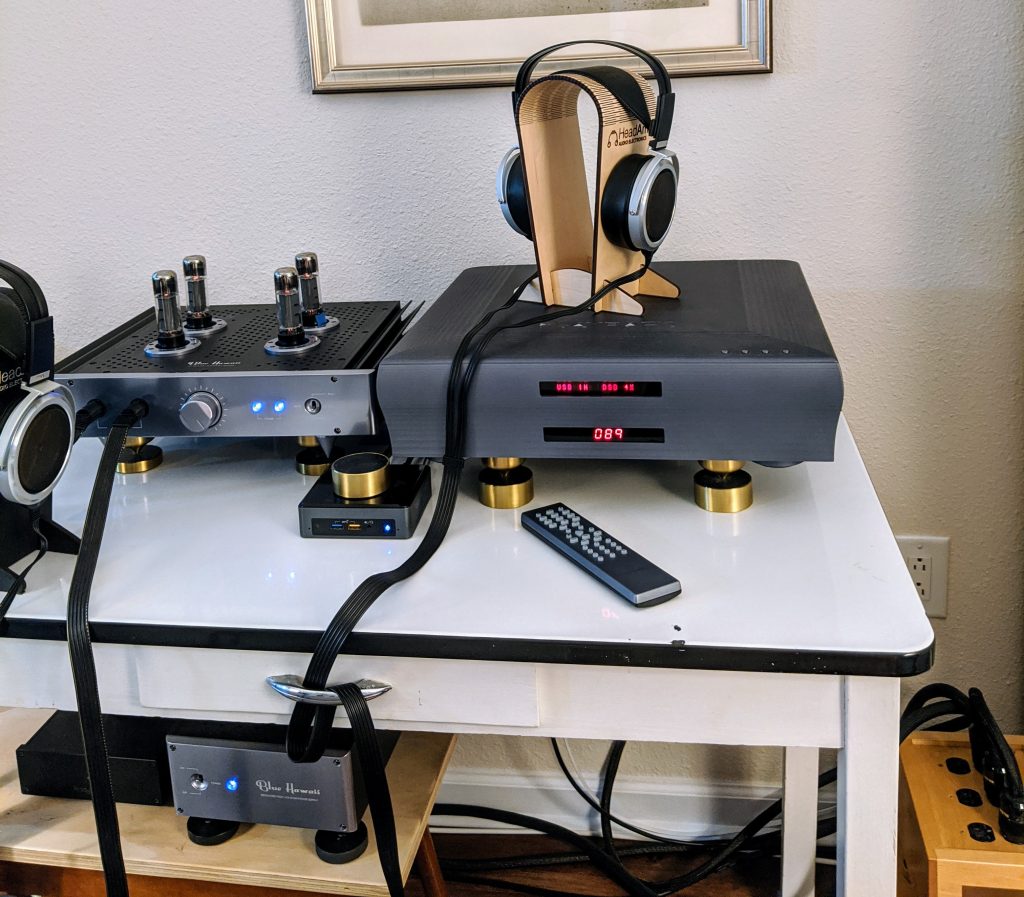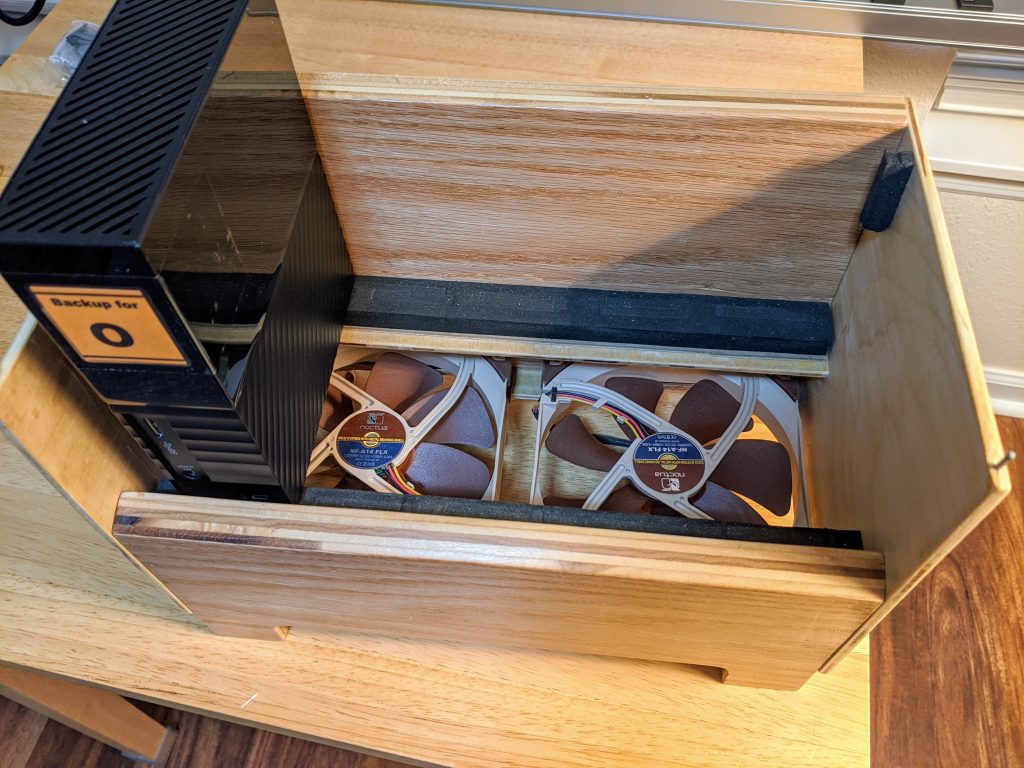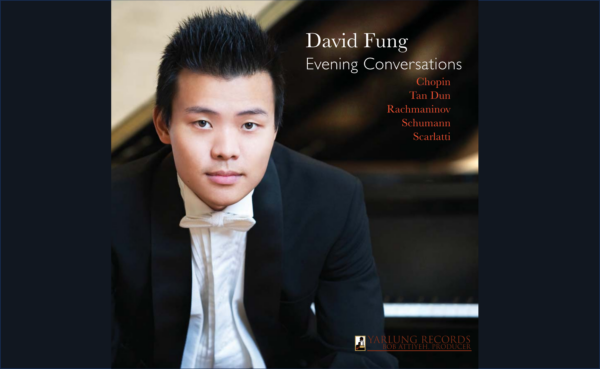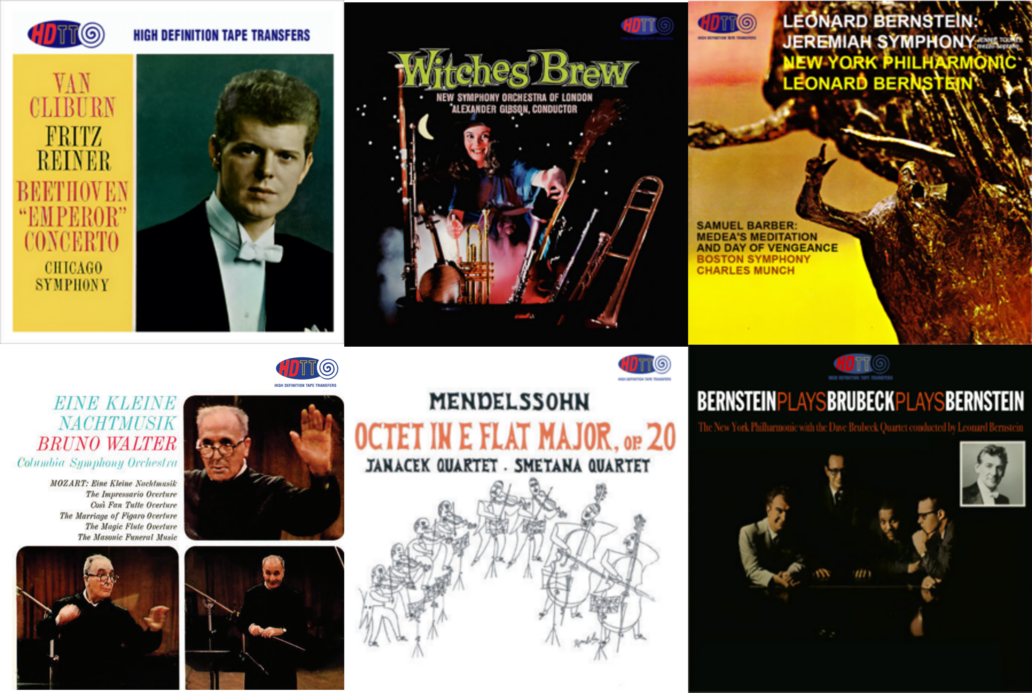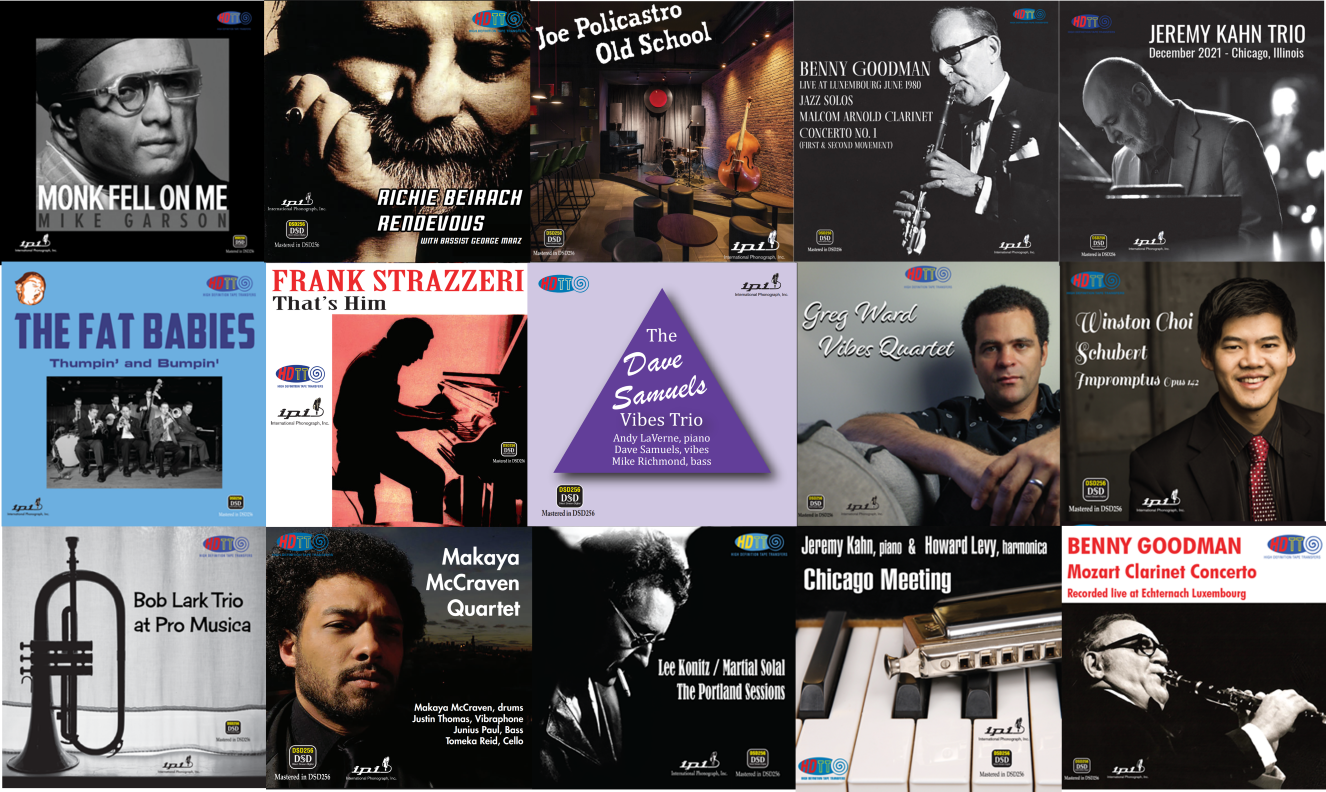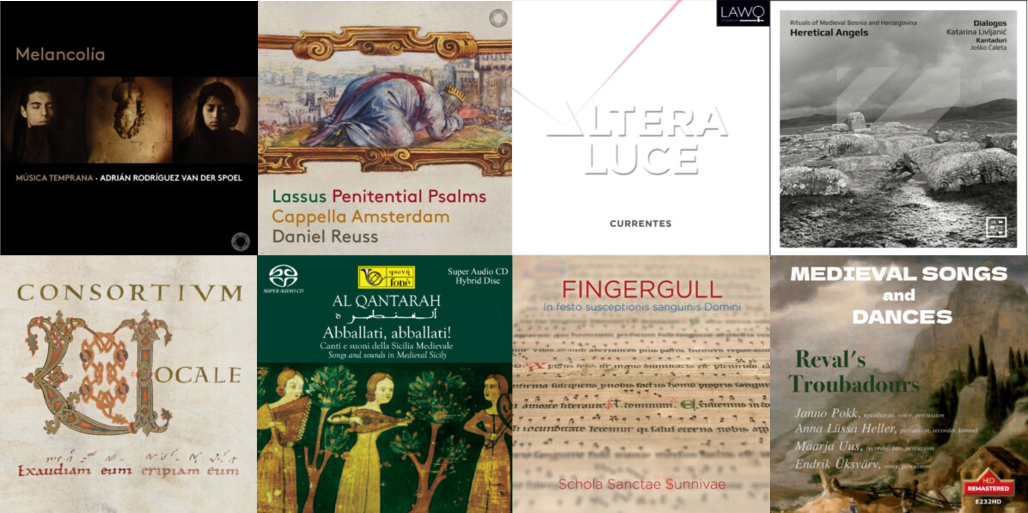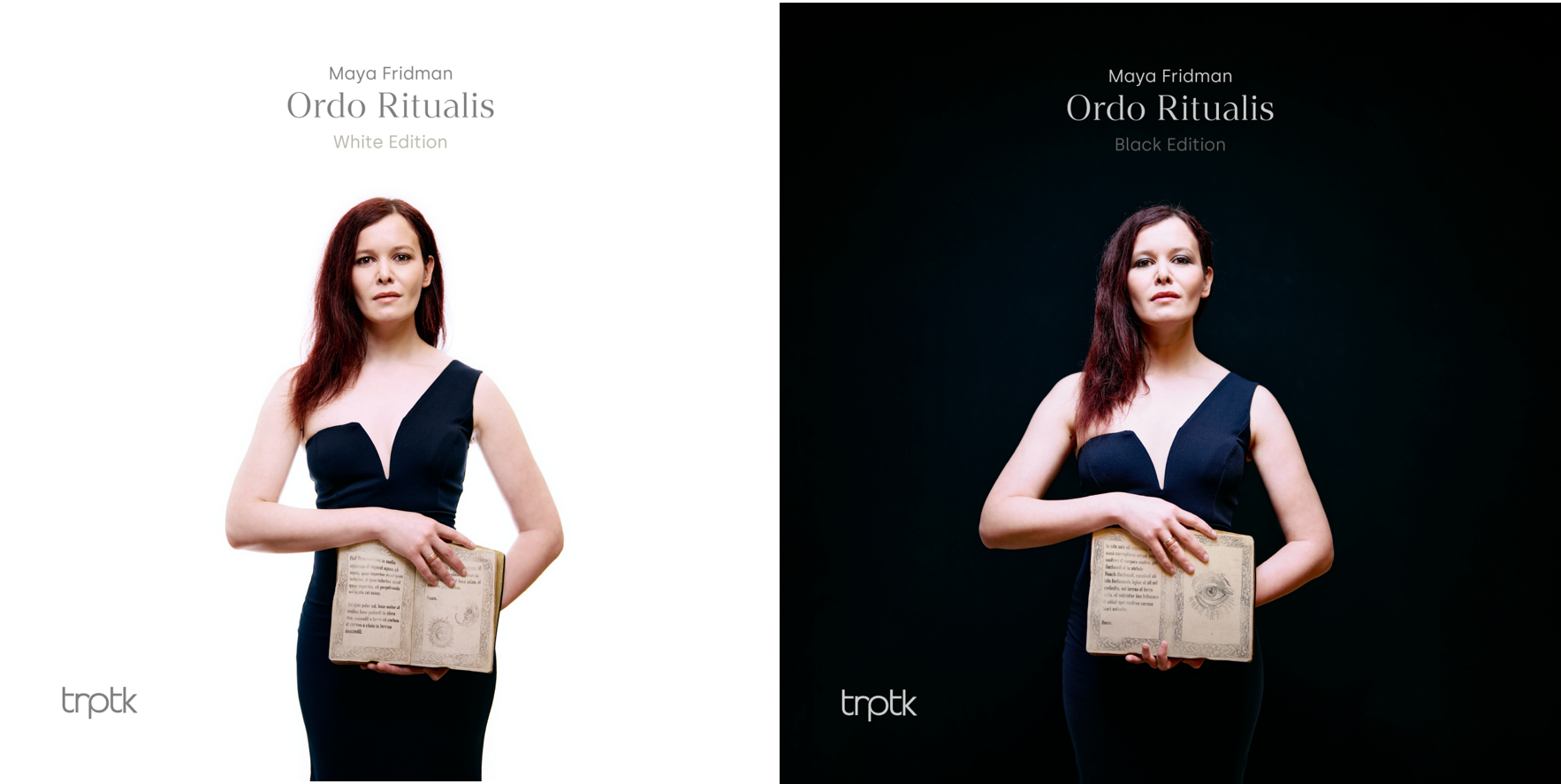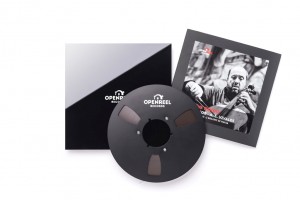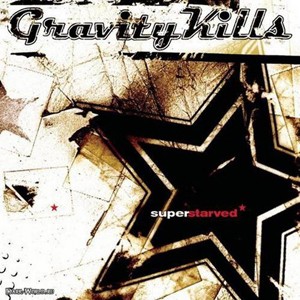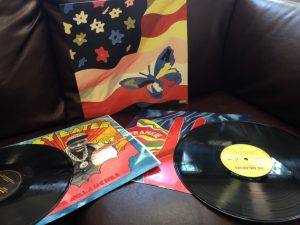Recording engineer Bert van der Wolf's releases are eagerly awaited in our household. The reason is a combination of three factors: (1) the audio quality he achieves is easily in the top ranks of what is possible today, and he's constantly pushing the envelope to achieve even better sound; (2) I like his choice of projects—I find his aesthetic tastes very simpatico; and (3) he works with some truly outstanding artists. Add those factors together and I come out a very happy camper with each of his releases.
As a contract audio engineer and producer, his recordings appear across multiple labels (Accent, BarcaNova, Challenge Classics, Daphne, Decca, Etcetera, Glossa, among others) and his own label Northstar Recording. So, one needs to be alert. I find the easiest way to follow his new releases is to monitor new posts on his sales website, Spirit of Turtle (where he sells his edit master full resolution files that are not available anywhere else), and to subscribe to his newsletter.
Here are my thoughts about several of his recent projects that I've been enjoying over the past twelve months. At the end of this article, I've given some links to earlier interviews and articles about Bert and his recordings. I welcome you to explore further.
Robert Schumann Complete Symphonies Volumes 1 and 2, Jan Willem de Vriend, Stavanger Symphony Orchestra. Challenge Classics | Northstar Recordings 2023, 2024 (DXD). HERE
Conductor Jan Willem de Vriend has a long history of recording with Bert van der Wolf and I've written about many of these earlier recordings. I find De Vriend one of the most engaging of conductors, particularly in music of the Baroque to early Romantic. (But his Brahms and Beethoven are far from shabby. Indeed, they are fresh and engaging.) His artistic roots lie in historical performance practice beginning from the time he first established an international reputation as Artistic Director of the Combattimento Consort Amsterdam, which he established in 1982 and led from the violin until 2015.
What I find so very satisfying in De Vriend's approach to whatever he conducts is the alert liveliness he brings to the music. Couple that with his ability to achieve excellent ensemble from whatever group his is leading (whether the excellent Stavanger Symphony Orchestra, as in these recordings, or the Residentie Orkest The Hague, or the Netherlands Symphony Orchestra, or the Combattimento Consort). That alertness shows through in crisp articulation of lines, deft handoffs from section to section, and overall excellent synergies across the sections. When I wrote about his complete cycle of the Schubert symphonies (HERE), these were characteristics of those performances that I went on about at length.
Here, with the complete symphonies of Robert Schumann, that alert responsiveness he achieves with his players is similarly at the fore. Yes, we are now moving well into the Romantic period, but that crisp alertness and deft responsiveness across orchestral sections simply works to create marvelously engaging music. Is it too light, too bright, too spritely? No, I think not. To my ear it all just works brilliantly.
Jan Willem de Vriend, Stavanger Symphony Orchestra in recording session for Schumann cycle.
Four Seasons, Vivaldi and Piazzolla, Lina Tur Bonet. Glossa, recorded by Northstar Recording 2024 (DXD). HERE
Lina Tur Bonet's recordings are always something special, something unexpected, something that will knock you off your moorings. She is an exceptional artist who records far too infrequently, in my opinion. But, when she does make a recording you'd be best to run out and get it. You will be glad you did.
You think you've heard Vivaldi's Four Seasons so many times that another rendition would be boring. But, no. With Bonet we get something wonderfully fresh and new. Lina Tur Bonet's presentation will set you back in your seat, then make you lean in. And her Piazzola The Four Seasons of Buenos Aires is even better.
In her interpretation of Vivaldi's Four Seasons she consistently tweaks our sensibilities. As I listened, I kept thinking at different points, "Okay, where is this going?" And then I was delightfully surprised by the very atypical turn of phrase, the unexpected stretching of a note, the astringent strains from different strings. You will not be able to let your mind go on autopilot expecting the very predictable. No, nothing here is pat or predictable. And, wow, does Lina Tur Bonet drive this train with dramatic impact. This is great stuff!
After a completely unique experience with Vivaldi's Four Seasons, the album shifts gears and comes roaring in with the diabolically different experience of Astor Piazzola's The Four Seasons of Buenos Aires. Gone are the baroque instruments and chamber ensemble. Now we're taken away by quartet comprised of modern violin, bandoneon, double bass, and piano. We are fully Latin, fully Piazzolla-fied. The bandoneon takes center stage. The violin defers while still holding a major role. Double bass and piano fill out the field.
Tango! my friends. Opening with the growling low rumble of the piano and the slap of hands on wood, the strains of tango emerge as the bandoneon picks up a melody and the music launches to life. This is not just classic tango, this is Piazzola's "Nuevo Tango." Music filled with the life and energy of an entire culture, it refuses to be categorized, caged, beautified, or tamed. It comes with a life of it's own, an energy that is impossible to ignore. And Lina Tur Bonet and colleagues play this music for all they are worth. In their hands, this music is a swirling mass of energy that does not let up. It is perhaps the most characterful and unique performance of this piece of music that I've heard. You need to hear it.
Lina Tur Bonet. Does this not look like an artist with devilish merriment intended? Recording session for Piazzola's The Four Seasons of Buenos Aires, November 2023.
Feast of the Swan from The Den Bosch Choirbooks Vol 4, Cappella Pratensis. Challenge Classics | Northstar Recording 2023 (DXD). HERE
This is Volume 4 of a stunning series of recordings of music from the Renaissance era by vocal group Cappella Pratensis. In this release, they are joined by Sollazzo Ensemble to bring a period instrumental supplement to the typically a cappella work of Cappella Pratensis. The combination creates a thoroughly entertaining program of the kind of music that might have been heard at the Feast of the Swan, an annual banquet held by the Illustrious Confraternity of Our Lady in 's- Hertogenbosch, sometime in the middle of the sixteenth century.
If you are not yet familiar with the recordings of Cappella Pratensis, this is an excellent entry point—erudite, diverse, entertaining, and immaculately performed. For anyone who enjoys music of the Renaissance, this performing group (and this recording in particular) needs to be on your short list of next music acquisitions. Why not just stream this? Well, you can start there, but the full richness and complexity of the voices and instruments becomes apparent when you listen to the native DXD release from Northstar Recording to which I've provided a link above.
Bert van der Wolf has again worked his magic to capture with tremendous delicacy the texture, the harmonic overtones and the interplay of the voices and instruments that grace this recording. The result is a fully immersive experience, even in simple stereo without the enhancements found in his full multi-channel releases. But, if you have multi-channel playback, by all means treat yourself to further sonic delight.
Ann's reaction upon listening to this recording the first time: "Exquisite voices and instrumentalists. Just scrumptious." Right on.
But what about the music contained?
This is music as one might have heard at banquet. It is a combination of both "sacred" and "secular" pieces. In the sixteenth century, the dividing line was not nearly as distinct as we may think of it today. Sixteenth century music lovers did not necessarily consider "sacred" and "secular" music as mutually exclusive categories. This program thus presents pieces belonging to a variety of genres—vernacular songs, motets, mass movements—to suggest something of the mixed repertory that might have been sung at events such as the Feast of the Swan: memorable, eminently singable melodies with clear-cut harmonies.
So, here we have a recording that combines both musical variety, performance excellence, and true sonic sumptuousness, to which I give my most hearty endorsement. It is extraordinary.
Note: Bert recorded volumes 2-4 of this Den Bosch Choirbooks series, but not volume 1.
Cappella Pratensis, Sollazo Ensemble listening to playback from recording session.
Color Soni ("The Color of Sound"), Gauguin Ensemble. Etcetera Records | Northstar Recording 2023 (DXD). (HERE)
These trios for clarinet, piano and cello by Johannes Brahms, Robert Zuidam and Alexander Zemlinsky are superbly performed by the Gauguin Ensemble in this very satisfying recording. The Gauguin Ensemble play with suppleness, taut ensemble and engaged passion throughout this recital. The works by Brahms and Zemlinsky date from between 1890-1900 where these composers were stretching the limits of the Romantic tradition. The Zuidam work is from 2022 and punctuates the album delightfully.
In Brahms' powerful Trio for clarinet, cello and piano in A minor Op. 114, we hear the lovely melodies, lyrical phrases and long lines which makes of his music such a treasure. He is not breaking ground here, but creating a beautiful, rich, sinuous conversation among valued friends: Brahms played piano, with Richard Mühlfeld clarinet and Robert Hausman cello in the work's premier private concert in November 1891. It was the listening to a concert by clarinetists Richard Mühlfeld early in the year that inspired Brahms to begin composing again and to write several supremely beautiful chamber works with clarinet in the later years of his life.
Dutch composer Robert Zuidam's (b.1964) Arearea for clarinet, cello and piano (2022) fractures the Romantic tradition but plays a central role in the theme of this recital. Commissioned by the Gauguin Ensemble, the work was inspired by the eponymous 1892 painting made by Paul Gauguin (1848-1903) during his time in Tahiti. Zuidam has said that he wanted his composition to "reflect the colourfulness and exoticism of the painting in its music", exploring the extent to which Gauguin's work interfaces with his music. The work is continually surprising in its contrasts and the demands it makes on the musicians. And there is a playfulness throughout that engages and brings a smile to my face.
The early work by Zemlinsky, Op.3 in d minor (1896), closes the recital with a grand sound scheme that sets the stage for the further musical explorations to come as the nineteenth century turns to the twentieth. As the liner notes reflect, this work by Zemlinsky is compelling in the spirit of Brahms but one hears in it the threshold of a new sound world. Not there yet, but toying with it. It is a work of darkly Romantic sound, punctuated by saucy, bouncing explorations, and filled with vigorous changes in volume and emphasis. The Gauguin Ensemble deliver it brilliantly.
The sonic mastery of recording engineer Bert van der Wolf makes this release compelling. It is not to be missed.
The Gauguin Ensemble with recording engineer and producer Bert van der Wolf.
Beethoven Early String Quartets Op 18, Narratio Quartet, Challenge Classics | Northstar Recordings 2023 (DXD). HERE
Stunning! This opening volume of a planned complete cycle of Beethoven's String Quartets is utterly marvelous and special. The Narratio Quartet's interpretation of this music is a remarkably fresh and energizing, delivering performances that will surprise, enchant and intrigue. This is among the most engaging recordings I've listened to over the past year. I understand their release of the Middle Quartets is now available, and I can't wait to hear if this remarkable level of innovative musicianship continues.
The Amsterdam based Narratio Quartet play on period instruments using gut strings and 19th-century bows. Their story together begins in 2009 when they were invited to perform Beethoven's last five string quartets on five consecutive nights at the Early Music Festival Utrecht. It is precisely these late Beethoven quartets which are rarely played on period instruments. Since then the quartet has worked backwards and here presents the Early String Quartets, the first volume of a planned complete cycle of Beethoven quartets.
The name "Narratio" refers to the art of rhetoric and illustrates the quartet's focus on storytelling and interaction between the musicians and also between the quartet and the audience. Their repertoire has expanded to the later 19th century with Brahms, Schubert, Schumann and Mendelssohn.
Bert van der Wolf writes, "The collaboration with the Narratio Quartet in this monumental undertaking is a true joy. Johannes Leertouwer and Viola de Hoog are old and dear musician friends from over 30 years back, when we already made many recordings together. Albums with their Schönbrunn Ensemble and Anima Eterna Brugge, with all the Mozart piano concerto's, his Flute Quartet and Schubert symphonies are amongst those.
"We lost sight a bit over the years, but re-uniting with them is a wonderful and inspiring experience. There was always talk of working together again, but now in the autumn of our lives we enjoy it to the full with the most amazing music ever written.
"It is a challenge, the period instruments, the unbelievable complex repertoire and the amount of quartets is simply staggering. It asks all of our skill and talents to make it work optimally. The results are however as good as it gets and I am very proud of it and thank the Narratio Quartet for offering me their trust and friendship to artistically produce, engineer and release these treasures on The Spirit of Turtle."
As to be expected, the sound quality of the recording is superb. The combination of the most persuasive audio and consummate performance skills make for a recording to treasure.
My recommendation? If you purchase but one new classical music recording this winter, make this your choice. You will not be disappointed.
Above: Narratio Quartet from the recording session.
Handel Oratorio Arias, La Sfera Armoniosa, Mike Fentross conducting, with Oscar Verhar countertenor. Challenge Classics | Northstar Recordings 2023 (DXD). HERE
Yes, I love Handel's music. His oratorios are perfection for me. And performances by La Sfera Armoniosa and Mike Fentross are to be treasured. They are that good, consistently. But countertenors? Yes, I know that is authentic practice. I know that women in these roles was just not done in the seventeenth century. But, uh, hmmm...
Oscar Verhar is very good.
None of that nasal tone I usually associate with countertenors. Very supple, very much on pitch, very... well... likeable.
In fact, Oscar Verhar is excellent in just about every way. No, he's not Janet Baker, Anne Sofie von Otter, or Judith Nelson. But I can listen to him over and over again. Which is not something I'm often going to say about other countertenors.
And, Mike Fentross and La Sfera Armonisosa are superb in this release. As are the sonics Bert van der Wolf has captured in this recording.
If you enjoy Handel, you should listen to this album in your next opportunity. Seek it out. Better yet, just buy it from the link I've provided to enjoy the full native DXD resolution of the edit master recording by Bert. You won't regret it.
Enjoy a preview in this YouTube video clip:
Bert van der Wolf at recording session with the Stavanger Orchestra.
The Magic of Bert van der Wolf
Interview with Bert van der Wolf of Northstar Recording
More reviews of albums recorded by Bert van der Wolf
All images courtesy of Bert van der Wolf and Northstar Recording Services.




